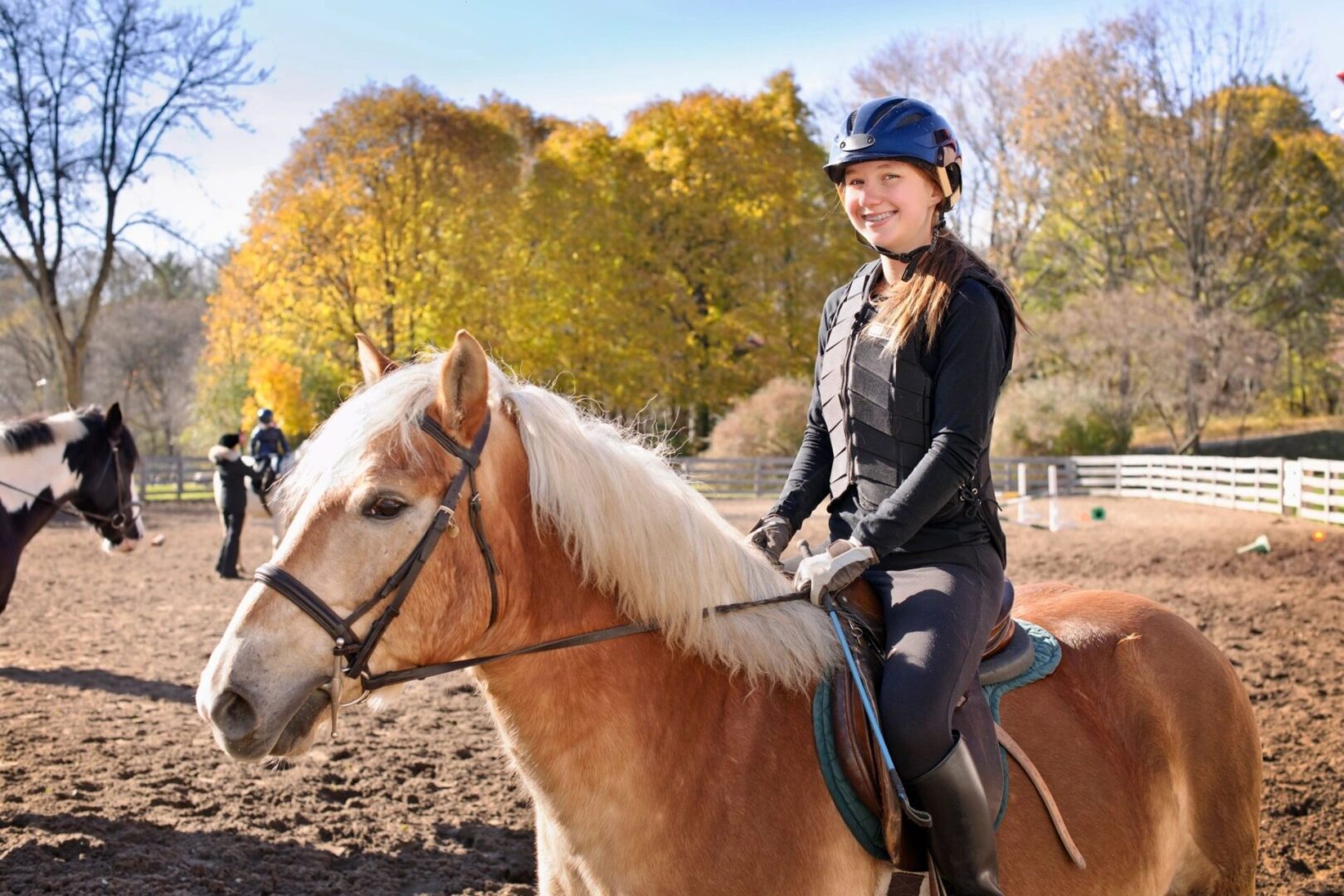Why A Camp for Adopted Children?
Why Adopted Counselors?
What's Special About Camp Clio?
Questions Adopted Children Ask
Adoption Facts
Famous Adoptees
Aristotle, Babe Ruth, Clio Axilrod, Dave Thomas, Deborah Harry, Faith Hill, Greg Louganis, Marilyn Monroe, Melissa Gilbert, Nicole Richie, Ray Liotta, Run D.M.C., Sarah McLahlan, Scott Hamilton, Steve Jobs …even Candy Crush’s Tiffi and Kimmey, adopted by Mr. Toffee!
Are you adopted? Your name could be here too!

Approximately 135,000 children are adopted in the United States each year.
- Close to 40% of these children are adopted by stepparents, and another 40% or so from the U.S. foster care system (over 50,000 children a year). Private infant and international adoptions together make up the remainder and are much smaller numbers.
- Adoption is an increasingly significant aspect of identity for adopted individuals as they develop, and remains so even when they are adults – in a study of adopted adults by the Adoption Institute, over ¾ rated their identity as an adopted person as important or very important during young adulthood.
- Adopted individuals will have many questions throughout their lives for which they seek answers as they strive to incorporate being adopted into their own identity – questions like:
- Why am I not with the people who made me when most people are?
- How am I like or different from my original family?
- Overall, 4 out of 10 adopted children are in transracial adoptions – that is, they are from a different race or ethnicity than either of their parents. This is especially the case for children adopted internationally.
- Adopted individuals may experience stigma or discrimination based on adoption or race/ethnicity – in the Institute’s research, this was particularly true for transracially adopted individuals, of whom 80% reported experiencing race-based discrimination.
- About half (51%) of all adoptive families include both birth and adopted children.
- The most common motivation given for adopting by adoptive parents is that they want to provide a permanent home for a child – a primary factor in over 80% of adoptions.
- About 40% of adopted children live in a family with only one adoptive parent.
Adoptive parents are overwhelmingly satisfied with their adoptions – in a national survey, only 3% responded that they would not, in retrospect, make this same decision.
Center for Adoption Support and Education

Clio's Story
I first met Clio (“Da Hyun,” her Korean name, means “Brilliant Light”) in June 2002. She was 4 ½ months old. The last photo of Clio with her Foster Mom shows her anxious little face knowing that “something is up.” Even so, she was happy and bubbly when Pete and I took her with us, falling asleep in Pete’s arms during the taxi ride to our hotel.
When Clio woke up, she began crying, then screaming so loud and long that we were amazed they didn’t arrest us. For the rest of her life, Clio always woke from naps screaming. When she was 7, I asked her, “Why? What upsets you so much?” Clio told me that she didn’t know, yet I am convinced that something during her naps triggered the traumatic memory of being taken from the familiar arms, sounds, and smells of Foster Mom and put into the arms of her new family.
Clio was always aware that she looked different from her parents. I remember giving her a bath when she was about 3; she kept washing my hand and arm with a cloth. She told me she was going to wash my skin until it was the same color as hers. Clio always knew she was adopted. When Clio was less than 2, she asked me, “Where Clio come from?” I said, “Korea.” She immediately went to the bookcase, pulled out a picture book of Korea, and said, “Where Clio?” For a while, she thought we had bought her. I told her you could not buy people. I told her the story of her adoption. It was a nice story, but she always knew most of her friends had a different story. Eventually, her school friends began asking her about the difference.

“Who is your real mom?” they would ask. “Where is she?” The children were just being uninhibited and curious. During her last summer, Clio asked me, “What is my tummy mom’s name?” Adopted kids sometimes have attachment issues, sometimes wonder where they fit into the world, wonder about their race and ethnicity, wonder where they came from and why they entered their new families — and much more. These are all normal questions, but it’s hard to know what it feels like to face these questions unless you’ve been in their shoes. These issues should be addressed in a healthy way that helps adopted children feel good about themselves. I learned all this from my years with Clio, and it led me to think of the camp that bears her name.
